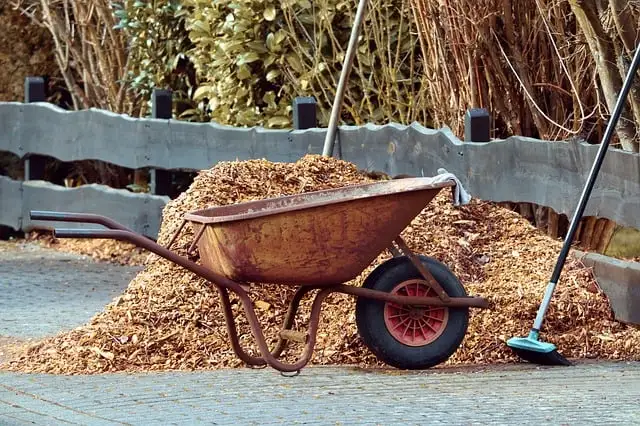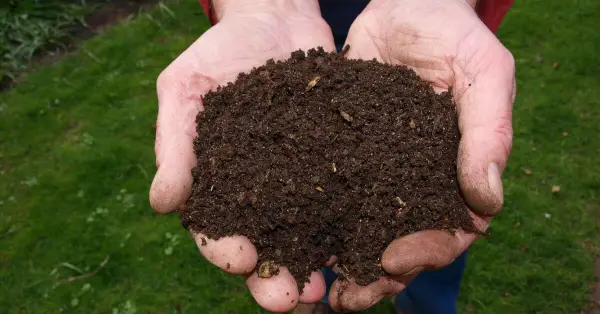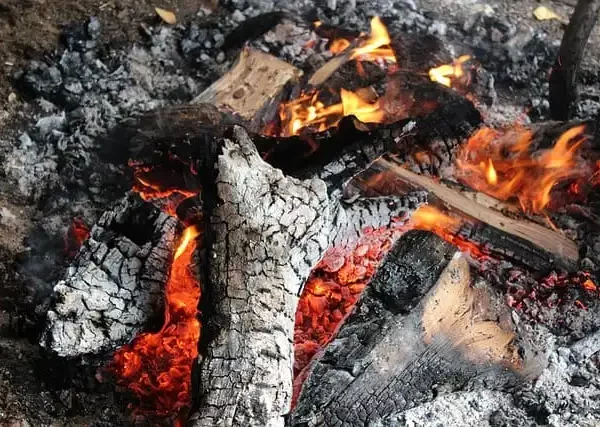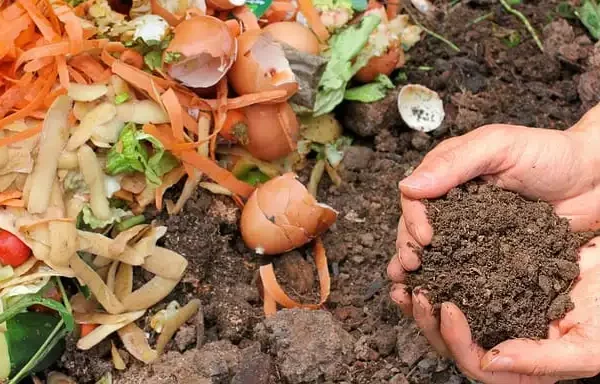Introduction to Mulch Alternatives
Mulch serves as a versatile tool in gardening, offering benefits such as moisture retention, weed control, and soil insulation. Choosing the right mulch can significantly impact plant health and garden aesthetics.
Organic Mulch Alternatives
Shredded Bark
Derived from various tree barks, shredded bark mulch provides excellent insulation and moisture retention. It’s a natural option that enhances soil structure as it decomposes.
Wood Chips
Larger wood chips or chunks are durable and long-lasting, ideal for suppressing weeds and enriching soil with organic matter. Avoid cedar chips for sensitive plants due to their natural oils.
Straw
Straw mulch is lightweight, inexpensive, and effective at retaining soil moisture. It’s commonly used in vegetable gardens and can be tilled into the soil at the end of the season to improve fertility.
Leaves
Shredded leaves make an excellent mulch that decomposes quickly, adding valuable nutrients to the soil. They’re readily available in the fall and can be collected from your yard.
Grass Clippings
Untreated grass clippings are a free mulch option that provides nutrients as they break down. Use thin layers to prevent matting and allow for air circulation.
Inorganic Mulch Alternatives
Gravel or Stone
Gravel or stone mulch is low-maintenance and provides good drainage. It’s ideal for paths and areas where you want to prevent erosion and control weeds.
River Rock
Smooth river rocks add a decorative touch while allowing water to permeate the soil. They’re suitable for areas prone to erosion and provide a natural look.
Rubber Mulch
Made from recycled rubber tires, rubber mulch is durable and offers excellent weed suppression. It’s available in various colors and doesn’t attract pests.
Specialty Mulch Alternatives
Cocoa Bean Hulls
Cocoa bean hull mulch has a pleasant aroma and breaks down slowly. It’s best used in flower beds and areas away from dogs, as cocoa can be toxic to pets if ingested.
Seashells
Crushed seashells provide a decorative option that reflects sunlight and keeps soil cool. They’re ideal for coastal gardens and can deter slugs and snails.
Pine Straw
Pine straw mulch is acidic and ideal for acid-loving plants like azaleas and blueberries. It’s lightweight, easy to spread, and naturally repels insects.
Synthetic Mulch Alternatives
Synthetic Landscape Fabric
Landscape fabric blocks weeds while allowing water and air to penetrate the soil. It’s best used under decorative rock or gravel to prevent weed growth.
Plastic Mulch
Plastic mulch is effective in warming the soil, suppressing weeds, and conserving moisture. It’s commonly used in vegetable gardens and can be reused for several seasons.
Synthetic Turf
Artificial turf provides a low-maintenance alternative to natural grass, offering a green and uniform appearance without the need for watering or mowing.
Conclusion
Selecting the right mulch alternative depends on your garden’s specific needs, plant preferences, and aesthetic goals. By considering factors such as moisture retention, weed control, and environmental impact, you can choose a mulch that enhances garden health and longevity.
What are the benefits of using mulch in the garden?
Mulch helps retain soil moisture, suppress weeds, regulate soil temperature, and improve soil fertility by gradually decomposing.
Which mulch is best for vegetable gardens?
Options like straw, grass clippings, and compost are excellent choices for vegetable gardens as they enrich the soil and provide nutrients.
Is rubber mulch safe for gardens?
Rubber mulch made from recycled tires is safe for gardens and provides effective weed control and insulation. Ensure it’s non-toxic and free from chemicals.
Can I use wood chips around plants?
Wood chips are suitable for use around plants as they decompose slowly, enriching the soil with organic matter. Avoid using cedar chips around sensitive plants due to their natural oils.
Is synthetic turf a good mulch alternative?
Synthetic turf is a viable mulch alternative for low-maintenance areas where traditional grass is challenging to grow or maintain.
What is the lifespan of landscape fabric?
Landscape fabric can last for several years depending on the quality and environmental conditions. It helps suppress weeds while allowing water and air to reach plant roots.
Are seashells a good mulch alternative?
Crushed seashells are a decorative and functional mulch alternative that reflects sunlight, keeps soil cool, and deters pests like slugs and snails.
How do I prevent mulch from washing away?
To prevent mulch from washing away, apply it in layers and avoid steep slopes. Using larger mulch materials like gravel or stone can also help anchor it in place.
Can I use plastic mulch in organic gardening?
While plastic mulch is effective in weed suppression and moisture retention, it’s not typically used in organic gardening due to environmental concerns and soil health considerations.
Which mulch is best for acid-loving plants?
Pine straw mulch is ideal for acid-loving plants like azaleas, rhododendrons, and blueberries due to its acidic nature and ability to retain moisture.
- Rhode Island’s Favorite THC Infused Beverages - June 5, 2025
- THC Soda and Drink Options in Idaho - May 28, 2025
- Ohio’s Go-To THC Infused Beverages - May 28, 2025




